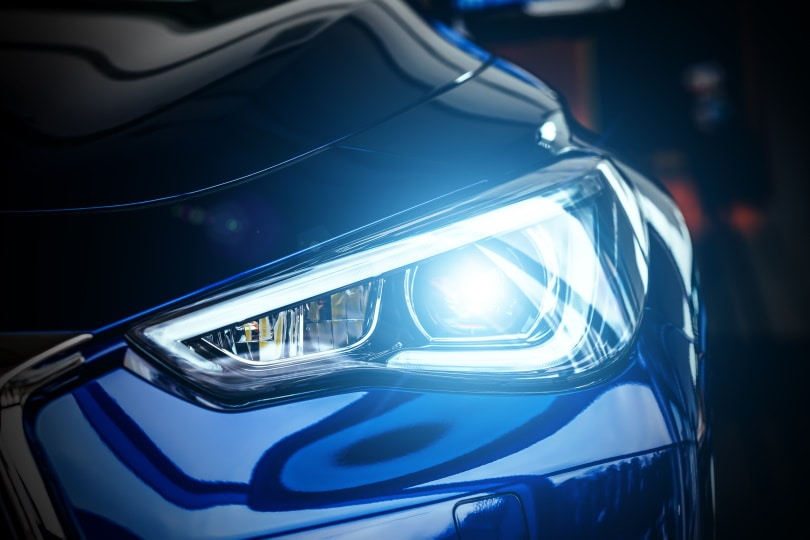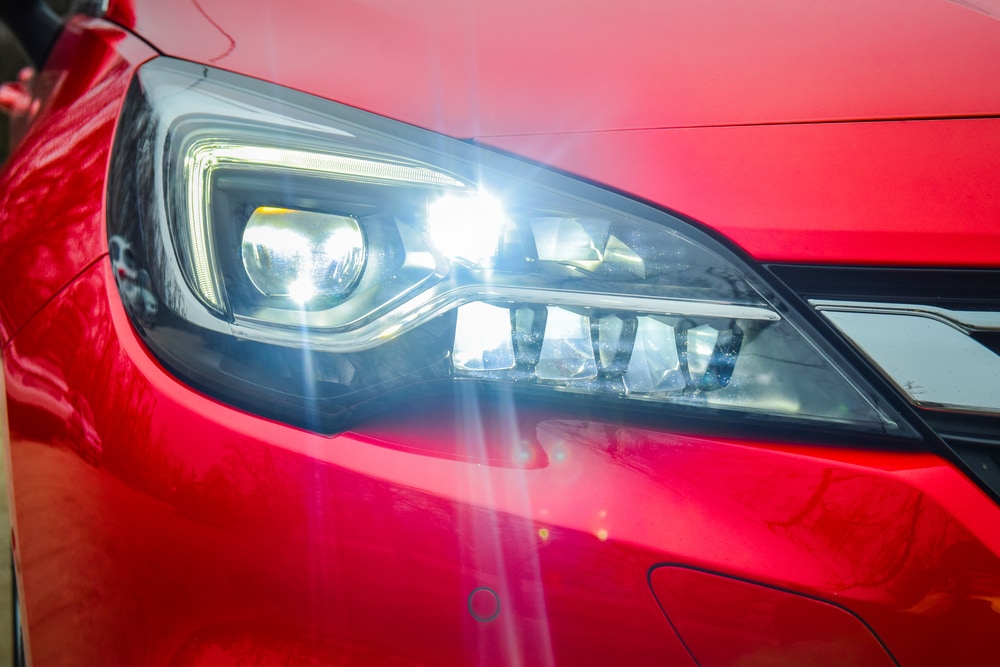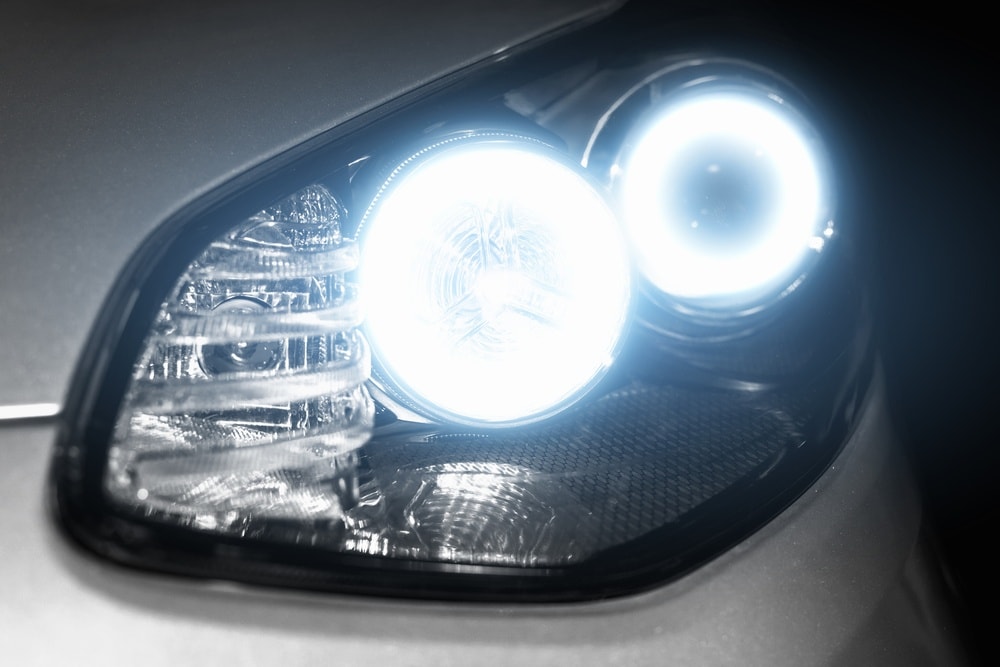Are LED Headlights Legal? Important Facts & Alternatives
-
Pete Ortiz
- Last updated:

Light-emitting diodes (LEDs) have exploded in popularity in recent years. LEDs are used in almost everything and have even made their way into car parts. Some drivers swear by LED headlights and say they are great, while other people claim that using LED headlights is illegal and you shouldn’t do it. So, who is right? Are LED headlights legal? Are there better options than LEDs on the market for those looking to upgrade?
The legal status of LED headlights is murky and confusing. The simple answer is that LED headlights are technically illegal, according to the US Government. Despite the regulations stating that LEDs are illegal, a few instances allow drivers to use them. Let’s take a closer look.
The Legality of LED Headlights
According to the Federal Motor Vehicle Safety Standards (FMVSS), LED headlights on US vehicles are indeed illegal. It is against the rules to open a headlamp housing and replace the lights with LED lights. These standards mainly apply to car manufacturers, so you won’t find many cars with approved LED headlights coming off the dealership lots.
If the illegality of LED headlights is news to you, you are not alone. That is because the regulations governing LED headlights are federal. Some states have specific rules for LED headlights that vary state-by-state and are often tied to brightness. The best thing to do is check to see if LED headlights are legal in your state. The federal government will not pull you over for having LED headlights.
These rules have left a lot of loopholes that auto parts stores have used to sell LED lights to customers despite them technically being against the rules.

Off-Road and Off-Center Only
If you go in to buy a set of LED headlights, you will likely see some clarifying statements in the fine print. LED lights are legal to be used off-road or in wilderness settings. They are not legal for use on surface streets. Many places sell LED lights under this clause that allows them to sell the lights believing that they will only be used in off-roading settings, even when that is not usually the case.
LED lights can also be used in various other ways in a car. Blinkers, brake lights, and running lights can all be legally swapped for LEDs. The only assembly where LEDs are strictly illegal is in the main headlamp. You can buy LED blinker bulbs or brake light replacements and not run afoul of the law.
Uneven Enforcement
If you are reading this and you put LED headlights in your vehicle, don’t panic. While it is true that most LED headlights are illegal based on current federal rules and regulations, the enforcement of the rules is minimal. The illegality of LED headlights often comes from the manufacturing and installation of the lights.
Many of the aftermarket lights do not adhere to local brightness laws, and in some states, fiddling with a car’s headlamps is also against the rules. However, you will not likely be stopped for having LED headlights.
In fact, many states do not have any regulations regarding LED headlight installation, meaning that local police departments don’t even have the authority to enforce the rules. That is because the regulations governing the use of LED headlights come from the federal level.

The Best LED Alternative
The best LED alternative is HID lights. HID stands for High-Intensity Discharge. They are the lights that most new vehicles come with nowadays. HID lights emit a strong bluish light familiar to most drivers today. HID lights are often confused with LED lights. LED lights are brighter than HID lights, which shows how bright LEDs can get and why they are regulated.
HID headlights are completely legal and are the most common type of headlight in new vehicles. HID lights work by igniting xenon gas with electricity. The glowing xenon is what gives the HID lights their signature blue hue.
HID lights are much brighter than the old halogen lights that cars used to use. If you want to upgrade from halogen but do not want to navigate the murky legal status of LED headlights, HID lights are your best bet.
The Best Way To Keep Your Car Street Legal
The best way to keep your car road-legal is to stick with the headlights that come with your vehicle. Headlights that ship with a vehicle straight from the manufacturer are all legal. Even bright ones and specific LED bulbs have been vetted and approved for sale at the federal level.
Reading the user manual and maintaining the bulbs will ensure your car is always legal to drive on the road. The only way you can accidentally make your car’s headlights illegal is by swapping them out using aftermarket parts.
It is also advised to be familiar with your local laws regulating the brightness of headlights and the use of LEDs as headlamps. That way, you won’t stumble into a ticket when you accidentally blind a grumpy highway patrol officer with your aftermarket LEDs.
Conclusion
Use LED headlights at your own risk. According to the Federal Motor Vehicle Safety Standards, they are technically illegal to put in a car. However, you can buy LED headlights at your local store and install them yourself. Most people aren’t going to notice or care.
The problem is LEDs are extremely bright and often blind oncoming drivers, which is considered rude and dangerous. HID lights are a safer and legal alternative to LEDs that should be considered instead. However, the choice is ultimately up to you.
Featured Image Credit: Oleksiy Mark, Shutterstock
Contents


